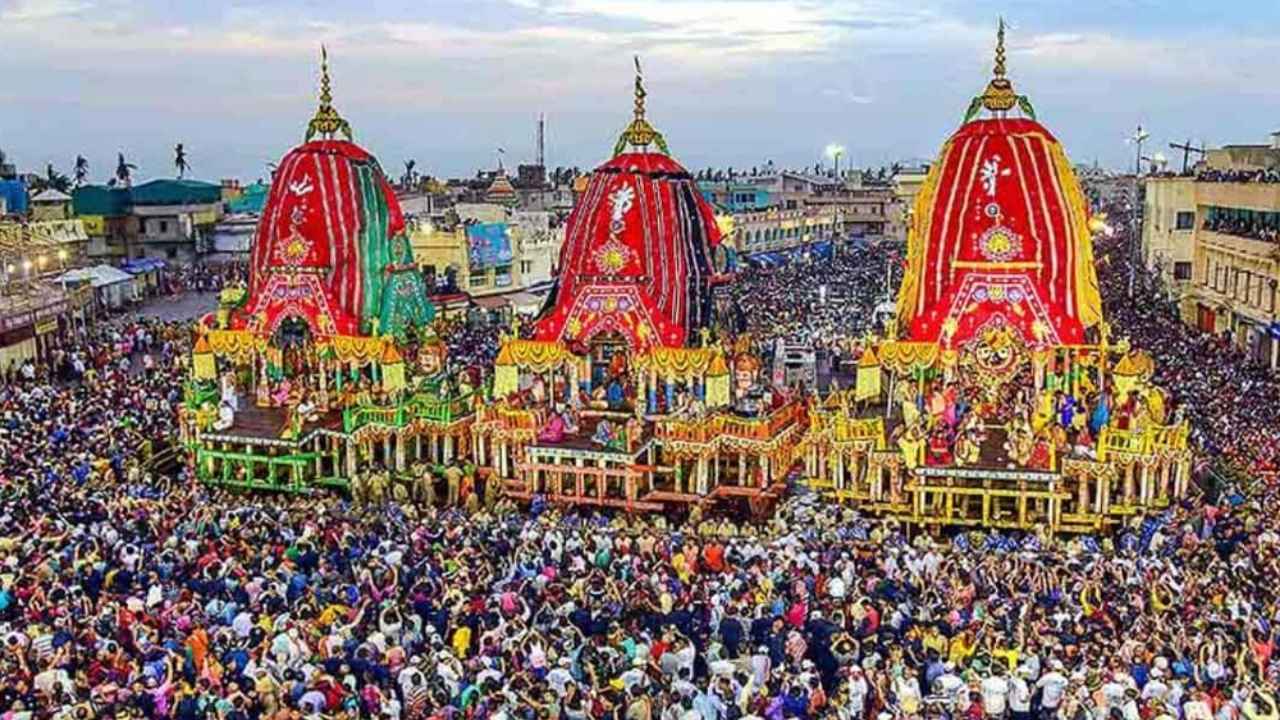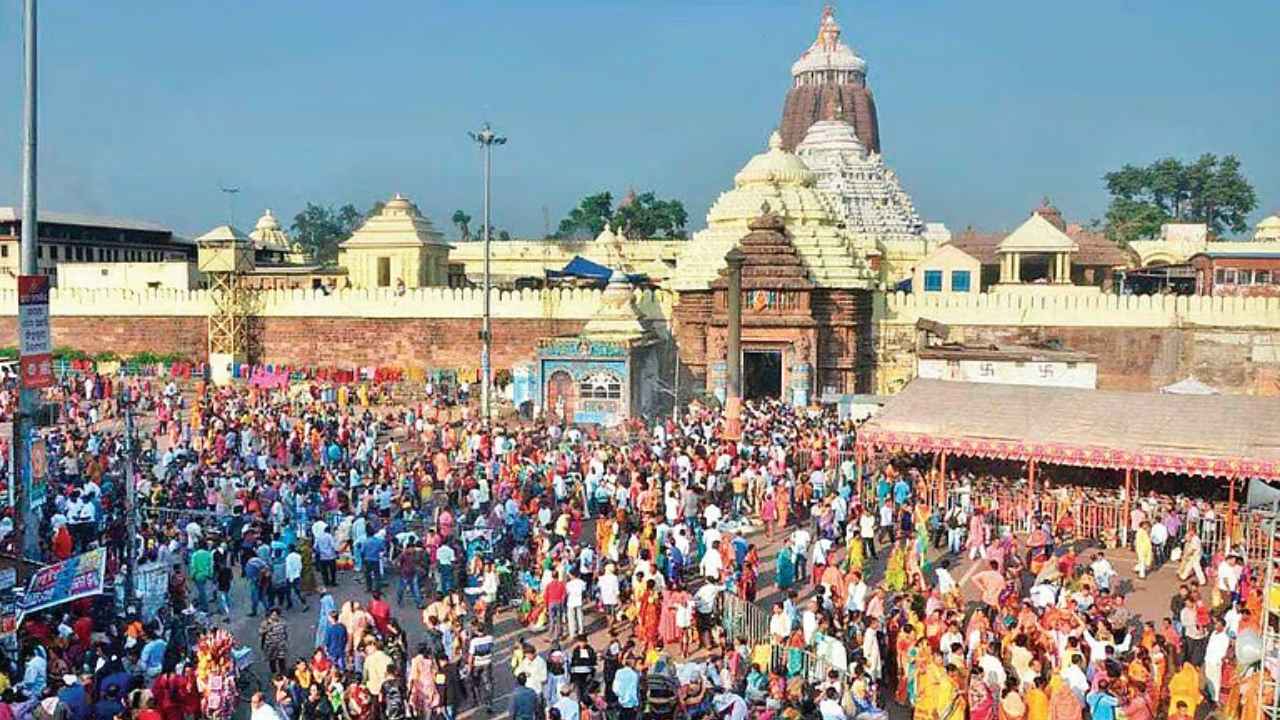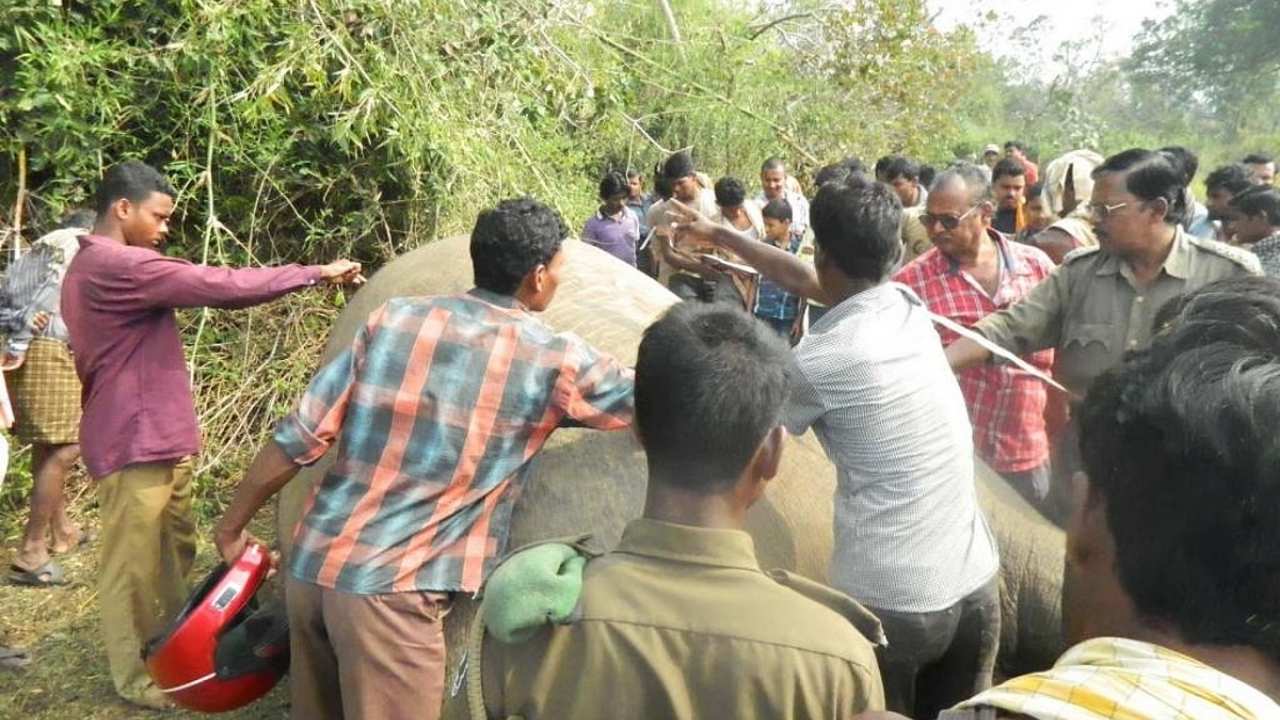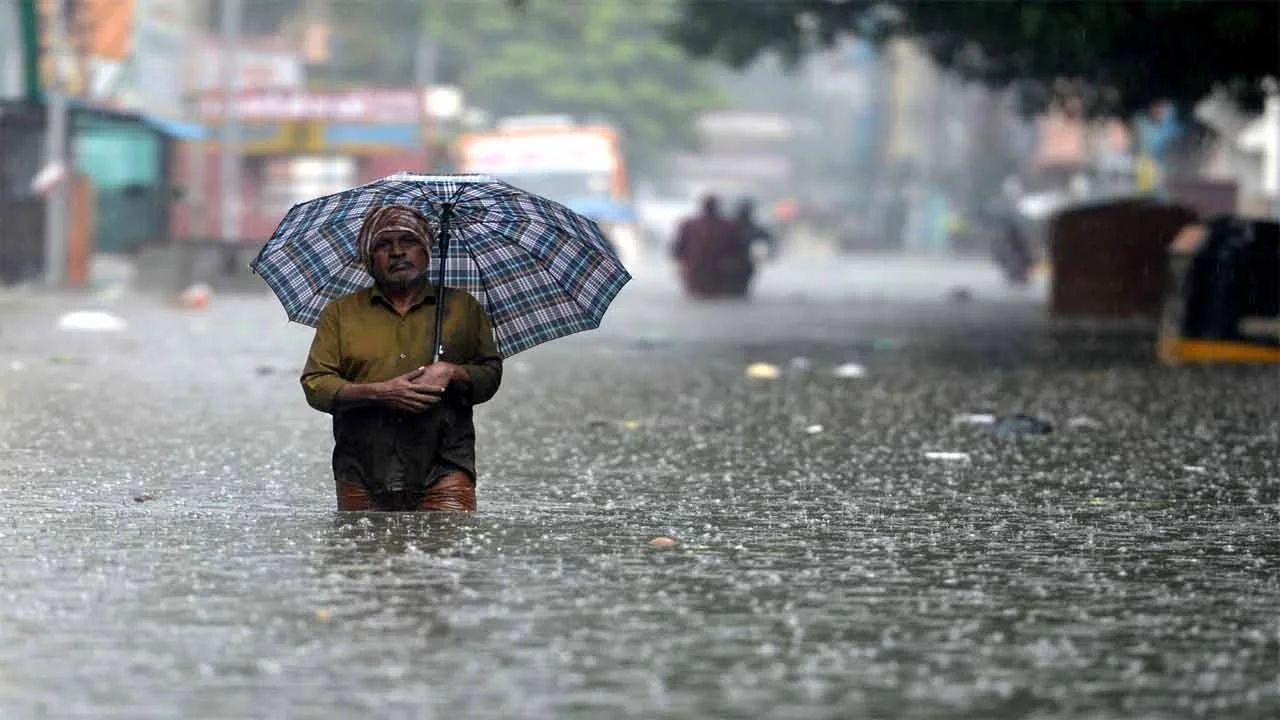The Rath Yatra, or chariot festival, is a sacred event deeply rooted in the heart of India’s religious traditions, especially in the town of Puri, Odisha. This annual festival celebrates Lord Jagannath, a form of Lord Krishna, along with his siblings Balabhadra and Subhadra, as they embark on a grand procession through the streets of Puri. It is one of the largest and most important festivals in Hinduism, with millions of devotees flocking to Puri to witness the majestic chariots being pulled by crowds of people in devotion.
However, in recent years, a growing trend of celebrating the Rath Yatra overseas, particularly by the International Society for Krishna Consciousness (ISKCON), has raised concerns among traditionalists. The former King of Puri, Gajapati Dibyasingha Deb, has recently expressed his concerns about ISKCON’s year-round Rath Yatra celebrations abroad. According to him, these celebrations, which take place on dates that deviate from the traditional scriptural guidelines, undermine the sanctity of the festival and its connection to age-old religious texts.
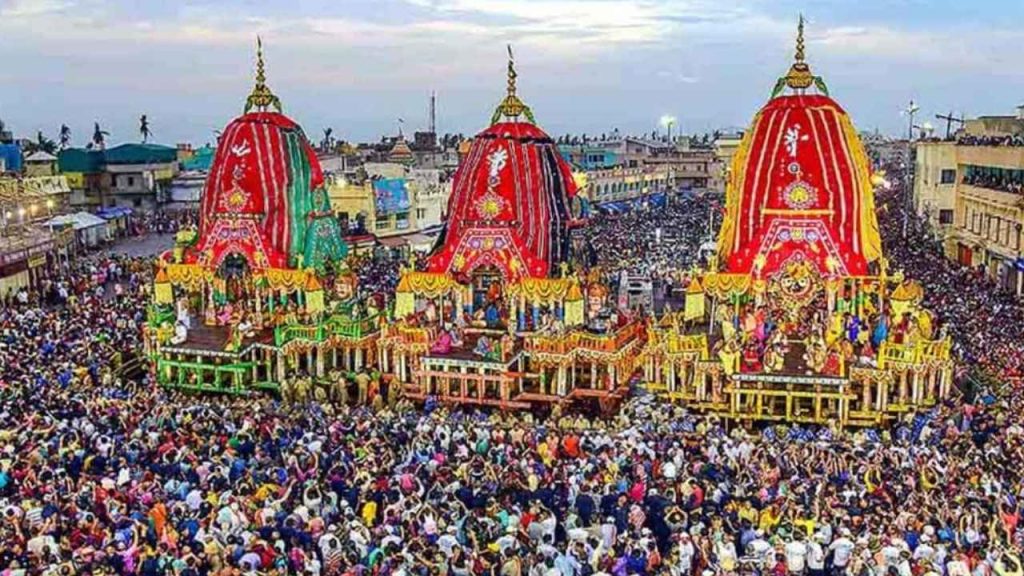
While ISKCON has grown to become a global organization with a presence in many countries, this shift in how and when the Rath Yatra is celebrated has sparked debate. The question is: Should the celebration of such a pivotal festival, which carries deep spiritual significance, be altered for the convenience of international devotees? Let’s take a closer look at the issue and explore the potential consequences of these changes.
Puri King Voices Concern Over ISKCON’s
| Key Topic | Details |
|---|---|
| Main Concern | Puri King Gajapati Dibyasingha Deb raises concerns over ISKCON’s year-round Rath Yatra abroad. |
| Date Deviation | ISKCON celebrates Rath Yatra on varying dates, not always aligned with traditional dates from Hindu scriptures. |
| Traditional Dates | Rath Yatra is traditionally celebrated during the months of Ashadha and Jyeshtha, as per texts like the Skanda Purana. |
| ISKCON’s Response | ISKCON has agreed to follow traditional dates in India but continues to celebrate abroad on different dates. |
| Government’s Involvement | The Odisha government is exploring ways to protect traditional rituals, including possibly copyrighting them. |
| Cultural Impact | The debate reflects a larger conversation about the globalization of religious practices and the need to balance tradition with modernity. |
| Official Sources | For further details, refer to Odisha Bytes and DevDiscourse. |
The concern raised by the Puri King regarding ISKCON’s year-round Rath Yatra celebrations abroad highlights the ongoing struggle between preserving tradition and embracing global participation. While ISKCON’s efforts to spread the message of Lord Krishna are admirable, it is crucial to ensure that these celebrations respect the deep spiritual roots and sacred guidelines of the festival. By educating devotees, synchronizing dates with local calendars, and collaborating with traditional institutions, it is possible to strike a balance that preserves the sanctity of the Rath Yatra while making it accessible to a wider audience.
Understanding the Rath Yatra and Its Significance
Before diving into the controversy surrounding ISKCON’s celebration of Rath Yatra abroad, it’s important to understand the essence of the festival and why its timing is so significant.
The Rath Yatra is a chariot procession that marks the annual journey of Lord Jagannath, Balabhadra, and Subhadra from the Jagannath Temple in Puri to the Gundicha Temple. The chariots, drawn by thousands of devotees, symbolize the divine chariot of Lord Krishna and are a vivid representation of spiritual energy, devotion, and community. The festival is deeply intertwined with the rhythm of Puri’s culture and the lives of the people in Odisha.
The festival occurs during the months of Ashadha (June-July) and Jyeshtha (May-June), which are considered auspicious in Hinduism. This timing is not arbitrary but prescribed by ancient scriptures like the Skanda Purana and Brahma Purana, which highlight the importance of performing rituals during these specific periods.
ISKCON’s Global Influence
ISKCON, founded by A.C. Bhaktivedanta Swami Prabhupada in 1966, has played a major role in spreading the teachings of Lord Krishna worldwide. With temples in over 60 countries, ISKCON has become a central figure in the global Hindu community. Its efforts to celebrate Rath Yatra outside India have been seen as a way to bring the festival’s spiritual significance to a wider audience, allowing people from different cultures and backgrounds to partake in the joy and devotion associated with the event.
However, while ISKCON’s efforts to share the message of Lord Krishna are commendable, some traditionalists believe that certain aspects of the celebrations abroad compromise the festival’s authenticity, particularly when they deviate from the traditional timing.
The Puri King’s Concerns
Gajapati Dibyasingha Deb, the titular king of Puri, has voiced his concerns regarding ISKCON’s year-round Rath Yatra celebrations abroad. According to Deb, the Rath Yatra should be celebrated at the same time every year, as prescribed by the ancient scriptures. Deviating from these dates, he argues, not only disrupts the spiritual significance of the event but also distorts the sacred traditions that have been followed for centuries in Puri.
As the custodian of Puri’s traditions, Deb’s concerns are grounded in the belief that religious rituals should remain in sync with the prescribed cosmic order. The scriptures outline specific months for the festival, and to ignore these guidelines is seen as a violation of the dharmic path.
A Modern Challenge: Globalization and Tradition
The world has changed significantly since the days when the Rath Yatra was first celebrated in Puri. With the spread of technology and globalization, people now have greater access to cultures, traditions, and religions from around the world. This connectivity has allowed people across the globe to connect with Hinduism in ways that were once impossible. In this context, ISKCON’s worldwide celebrations can be seen as an attempt to make the festival accessible to a global audience.
However, the question arises: Is it possible to preserve the spiritual essence of such traditions while adapting them to fit modern times and international audiences? The tension between maintaining tradition and embracing new methods of outreach is a challenge faced by many religious organizations, and it is one that is especially prominent in the case of ISKCON’s celebrations of the Rath Yatra abroad.
Practical Advice for Balancing Tradition and Globalization
As the debate over the timing and authenticity of Rath Yatra celebrations continues, it is essential to find a way to balance the preservation of tradition with the needs of a global community. Here are a few practical suggestions for doing so:
1. Educate Global Devotees About the Significance of Dates
One of the key reasons why ISKCON celebrates Rath Yatra on varying dates abroad is the lack of understanding about the significance of the traditional dates. By offering educational programs and materials that explain the importance of these dates as prescribed by the scriptures, ISKCON can help its international followers appreciate the deeper spiritual significance of the festival’s timing.
2. Synchronize Celebrations with Local Calendars
For international communities, it might not always be feasible to celebrate the Rath Yatra during the exact dates observed in Puri. However, ISKCON could work on synchronizing these celebrations with the closest corresponding dates in local calendars. This would allow for a balance between global participation and respect for the traditional timeline.
3. Collaborate with Local Temples and Communities
ISKCON can also engage local temples and Hindu communities to ensure that celebrations abroad are aligned with the spirit of the tradition. Collaborating with religious scholars, priests, and community leaders can help ensure that Rath Yatra celebrations abroad follow the proper rituals and dates as closely as possible.
Adani Foundation’s ‘Prasad Seva’ Feeds Millions During Jagannath Rath Yatra
Police Van in Odisha Carrying 22 Officers Meets Accident on Return from Rath Yatra
Astra BVRAAM with Indigenous RF Seeker Hits Mark in Successful Test off Odisha
FAQs About ISKCON’s Rath Yatra Celebrations
1. Why is the Rath Yatra so important?
The Rath Yatra is important because it symbolizes Lord Jagannath’s journey to his maternal aunt’s house. The procession represents the divine journey, which devotees view as a chance to get closer to the deities. It is a festival of faith, devotion, and community.
2. Is it wrong for ISKCON to celebrate Rath Yatra abroad?
Not necessarily. While some critics argue that the timing should align with traditional dates, the global outreach of ISKCON has allowed more people to connect with Lord Krishna and participate in the festival. The issue mainly arises from the deviation in the celebration dates.
3. Can the festival still be meaningful if celebrated outside India?
Yes, the festival can still be meaningful. The key is to ensure that the essence of the ritual is preserved, even if the exact timing is adjusted for a global audience. The spirit of devotion and the shared community experience are what truly matter.
4. How can ISKCON balance tradition with modernity?
By educating its followers about the significance of the festival’s timing and collaborating with local religious institutions, ISKCON can maintain a balance between global celebrations and traditional observance.

